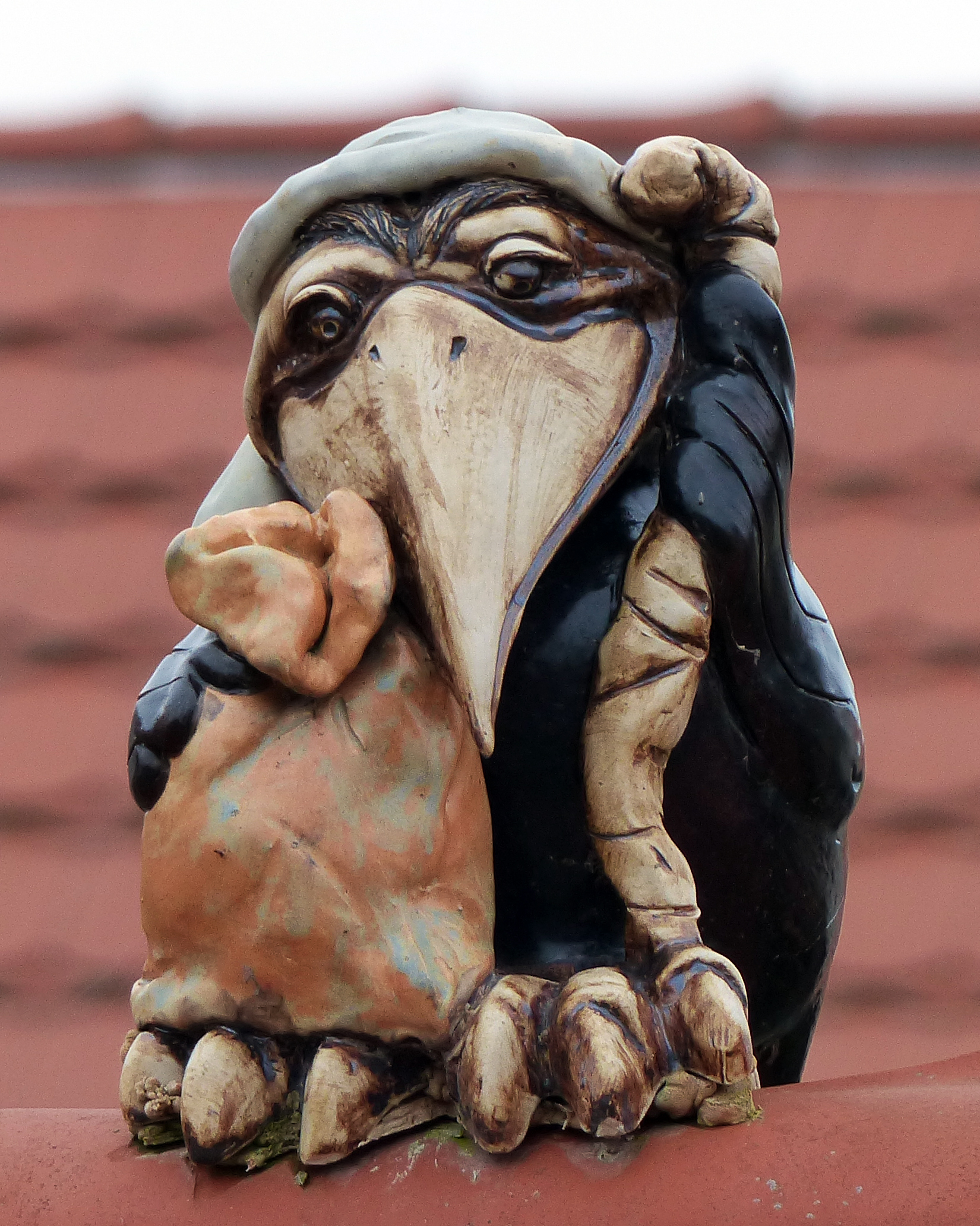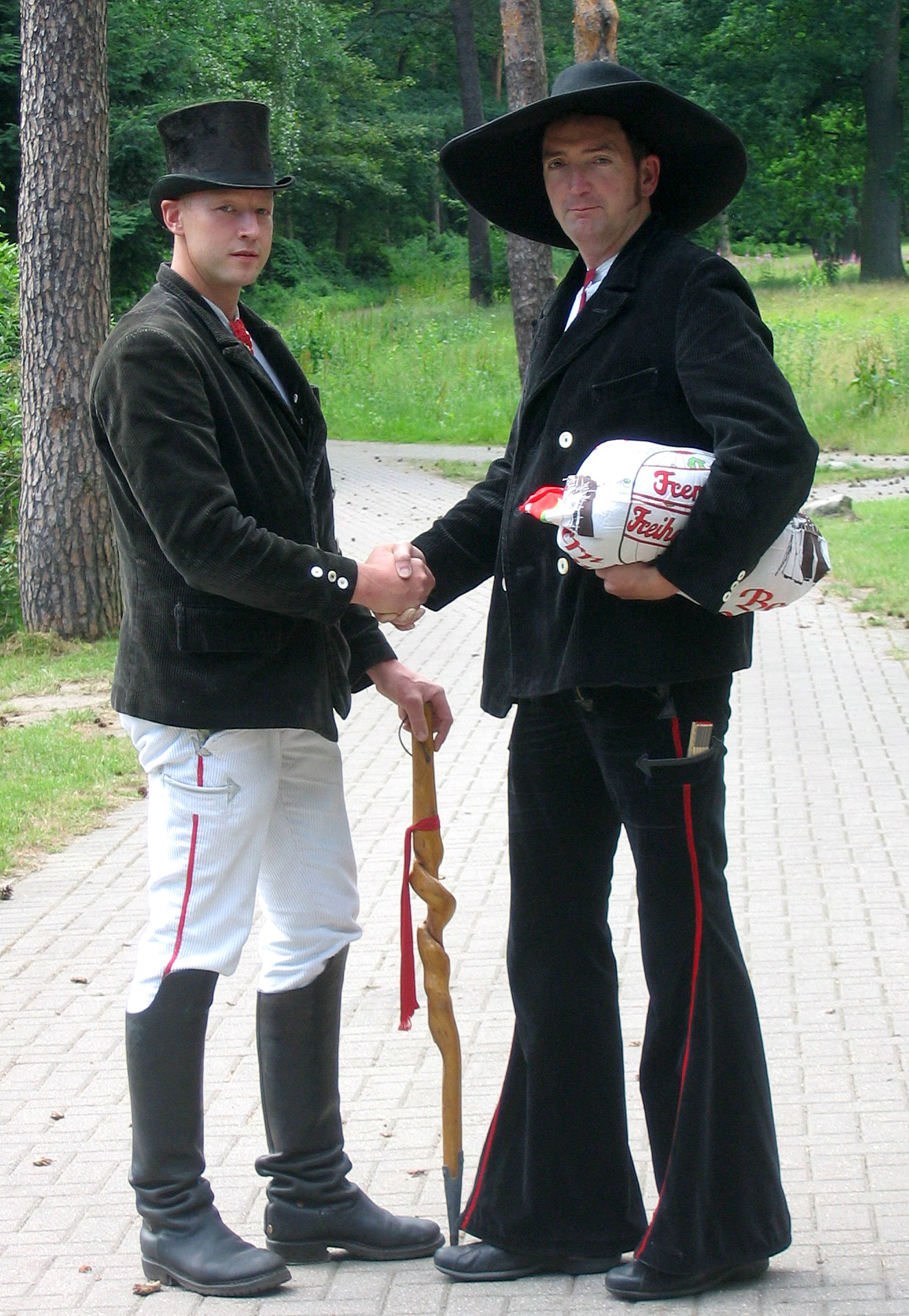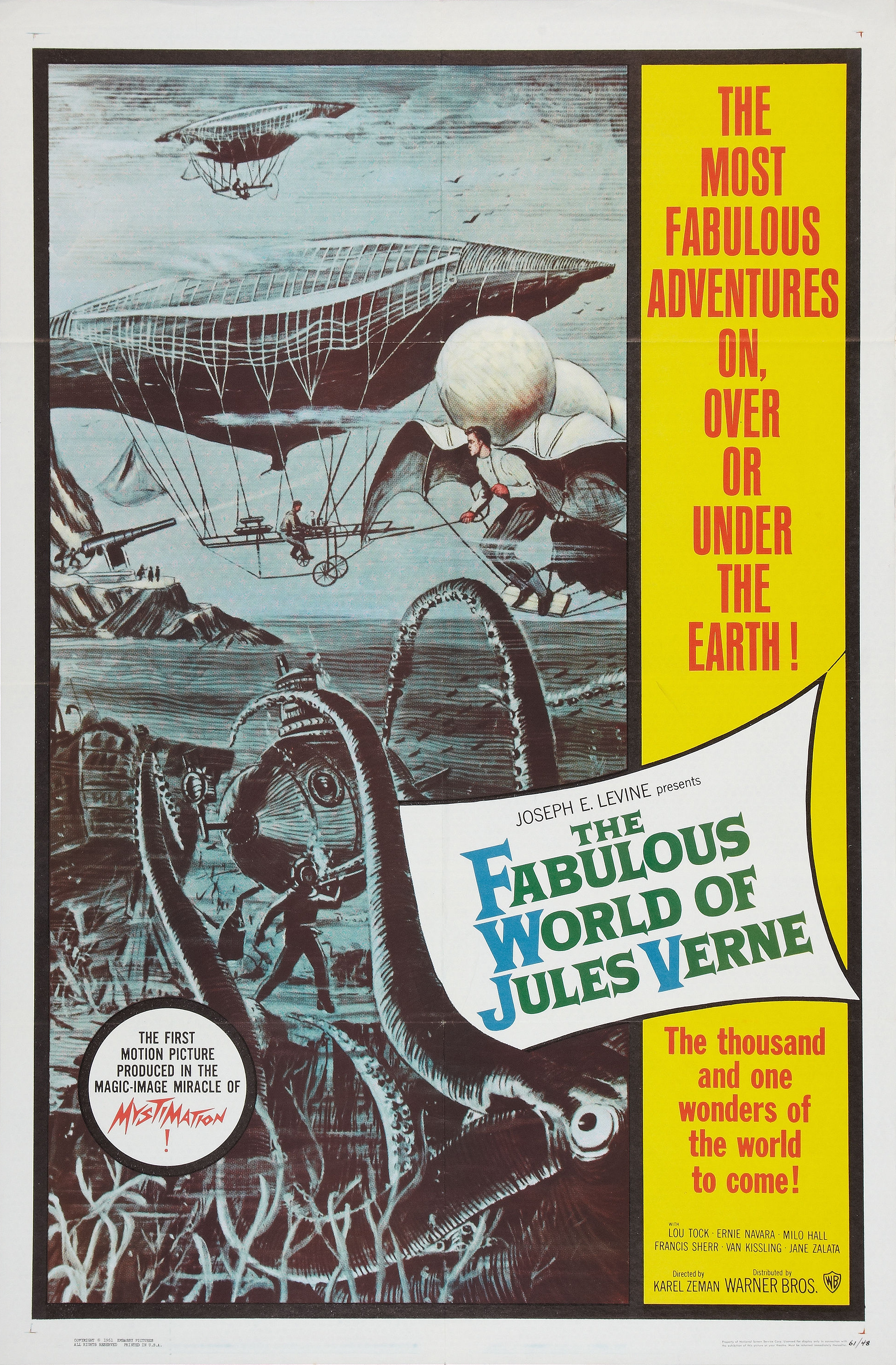|
Krabat (novel)
''Krabat'' () is a 1971 Fantasy literature, fantasy novel about Krabat, the eponymous Sorbian folk hero, written by Otfried Preußler. The book deals primarily with black magic and the lure of evil. Other themes include friendship, love, and death. It won the Deutscher Jugendliteraturpreis (''Prize for Literature for Young People'') in 1972. Plot Set in the beginning of the 18th century during the Great Northern War, the story follows the life of Krabat, a 14-year-old Wends, Wendish beggar boy living in the eastern part of Electorate of Saxony, Saxony. For three consecutive nights, he is called to a watermill near the village Schwarzkollm through a dream. Upon heeding the call and arriving at the mill, he begins his apprenticeship as a miller, miller's man. He soon joins the secret brotherhood, composed of journeyman, journeymen and apprentices, and discovers that the skill he is meant to learn through this apprenticeship is black magic. The first magic powers Krabat acquire ... [...More Info...] [...Related Items...] OR: [Wikipedia] [Google] [Baidu] |
Otfried Preußler
Otfried Preußler (sometimes spelled as Otfried Preussler; both ; born Otfried Syrowatka; 20 October 1923 – 18 February 2013) was a German literature, German Children's literature, children's books author. More than 50 million copies of his books have been sold worldwide and they have been translated into 55 languages. His best-known works are ''The Robber Hotzenplotz'' and ''The Satanic Mill'' (''Krabat''). Life and work He was born in Liberec, Liberec (Reichenberg), Czechoslovakia. His mother Erna Syrowatka, née Tscherwenka, and his father Josef Syrowatka were both teachers. They changed their family name from the Czech Syrowatka to the German Preußler in 1941 during the Nazi occupation of the country. After he graduated school in 1942, in the midst of World War II, he was drafted into the German Army (Wehrmacht), German Army. Although he survived the military action on the Eastern Front (World War II), Eastern Front, he was taken prisoner as a 21-year-old lieutenant in 1944 ... [...More Info...] [...Related Items...] OR: [Wikipedia] [Google] [Baidu] |
Journeyman
A journeyman, journeywoman, or journeyperson is a worker, skilled in a given building trade or craft, who has successfully completed an official apprenticeship qualification. Journeymen are considered competent and authorized to work in that field as a fully qualified employee. They earn their license by education, supervised experience and examination. Although journeymen have completed a trade certificate and are allowed to work as employees, they may not yet work as self-employed master craftsmen. The term "journeyman" was originally used in the medieval trade guilds. Journeymen were paid daily and the word "journey" is derived from ''journée'', meaning "whole day" in French. Each individual guild generally recognised three ranks of workers: apprentices, journeymen, and masters. A journeyman, as a qualified tradesman could become a master and run their own business, but most continued working as employees. Guidelines were put in place to promote responsible tradesmen, who ... [...More Info...] [...Related Items...] OR: [Wikipedia] [Google] [Baidu] |
Novelization
A novelization (or novelisation) is a derivative novel that adapts the story of a work created for another medium, such as a film, TV series, stage play, comic book or video game. Film novelizations were particularly popular before the advent of home video, but continue to find commercial success as part of marketing campaigns for major films. They are often written by accomplished writers based on an early draft of the film's script and on a tight deadline. History and purpose Novelizations of films began to be produced in the 1910s and 1920s for silent films such as ''Les Vampires'' (1915–16) and '' London After Midnight'' (1927). One of the first films with spoken dialogue to be novelized was ''King Kong'' (1933). Film novelizations were especially profitable during the 1970s before home video became available, as they were then the only way to re-experience popular movies other than television airing or a rerelease in theaters. The novelizations of ''Star Wars'' (1977), '' ... [...More Info...] [...Related Items...] OR: [Wikipedia] [Google] [Baidu] |
Television Film
A television film, alternatively known as a television movie, made-for-TV film/movie or TV film/movie, is a feature-length film that is produced and originally distributed by or to a television network, in contrast to theatrical films made for initial showing in movie theaters, and direct-to-video films made for initial release on home video formats. In certain cases, such films may also be referred to and shown as a miniseries, which typically indicates a film that has been divided into multiple parts or a series that contains a predetermined, limited number of episodes. Origins and history Precursors of "television movies" include ''Talk Faster, Mister'', which aired on WABD (now WNYW) in New York City on December 18, 1944, and was produced by RKO Pictures, and the 1957 ''The Pied Piper of Hamelin'', based on the poem by Robert Browning, and starring Van Johnson, one of the first filmed "family musicals" made directly for television. That film was made in Technicolor, ... [...More Info...] [...Related Items...] OR: [Wikipedia] [Google] [Baidu] |
Krabat (film)
''Krabat'' () is a 2008 German fantasy film directed by Marco Kreuzpaintner from a screenplay by Michael Gutmann and Kreuzpaintner, based on Otfried Preußler's 1971 novel of the same name. The plot is about a boy, Krabat (played by David Kross), who learns black magic from a sorcerer (played by Christian Redl). A DVD-Video encode of the film is distributed in the United Kingdom as ''Krabat and the Legend of the Satanic Mill''. It premiered in the US at the Seattle International Film Festival in 2009. Plot When the Plague sweeps across Europe after the Thirty Years' War a boy named Krabat (David Kross) is left without family, food, or hope. An old Mill Keeper takes him in as an apprentice. There are eleven other boys working at the mill, and Krabat develops a friendship with one of them, a young man named Tonda (Daniel Brühl). Soon, Krabat learns that the apprentices are also taught dark sorcery by the master, and one of the rituals (during Easter) lead to an excursion to the ... [...More Info...] [...Related Items...] OR: [Wikipedia] [Google] [Baidu] |
Marco Kreuzpaintner
Marco Johann Kreuzpaintner (born 11 March 1977) is a German film director, executive producer and screenwriter. Career In 1999, he began his career in the role of German dubbing assistant for the Stanley Kubrick film ''Eyes Wide Shut''. In the same year, his first short film, ''Entering Reality'', starring August Diehl attracted attention at film festivals. In 1999, he founded the production company ''Die Filmmanufaktur'' with Oliver Weiss. In 2000, he made the short film ''Der Atemkünstler'', for which he was nominated for the Talent award First Steps, and in 2002, he made a TV pilot, ''Rec – Kassettenmädchen/Kassettenjungs''. In 2003, his first feature-length film, ''Ganz und gar'', which describes the life of a young leg amputee, was released in theaters. This was followed in 2004 with the drama ''Sommersturm'' (Summer Storm), which, according to Kreuzpaintner, resembles his own coming out as a young homosexual. Summer Storm won The German Film Award (Germany’s ver ... [...More Info...] [...Related Items...] OR: [Wikipedia] [Google] [Baidu] |
2006 In Music
This is a list of notable events in music that took place in the year 2006. Specific locations *2006 in British music *2006 in Irish music *2006 in Norwegian music *2006 in South Korean music *2006 in Swiss music Specific genres * 2006 in classical music *2006 in country music * 2006 in heavy metal music * 2006 in hip hop music * 2006 in Latin music * 2006 in jazz Events January *January 10 – Eric Burdon releases the album '' Soul of a Man'' and begins touring with a new band. *January 11–15 – MahlerFest XIX, honoring Austrian composer Gustav Mahler, is held in Boulder, Colorado, USA. * January 13 – Mylène Farmer launches her '' Avant que l'ombre... à Bercy tour'' at Paris-Bercy, France. *January 14 – Eminem remarries ex-wife Kim after five years of separation. *January 16 – Transplants frontman, Rob Aston, announces that the band has disbanded shortly after their fall tour was cancelled. * January 20–February 5 – The Big Day Out festival takes plac ... [...More Info...] [...Related Items...] OR: [Wikipedia] [Google] [Baidu] |
ASP (band)
ASP is a German gothic rock band from Frankfurt am Main formed in 1999. The name is identical to the pseudonym of the band's leader Asp (Alexander Spreng), and is pronounced as one word (like the snake). Biography ASP were formed in 1999 by Alexander Frank Spreng (a.k.a. "Asp") and Matthias Ambré (a.k.a. "Matze"), producing their first 3-track demo CD later that year. The following year saw a record deal with Trisol, who released the band's debut album ''Hast Du mich vermisst? ''("Have you missed me ery much"), as well as the band's first live performance, at the 'Gothicworld' festival having added Andreas Gross (a.k.a. "Tossi") on bass, Oliver Himmighoffen (a.k.a. "Himmi") on drums and a choir section to the line-up. The following three years saw the release of two further albums ''Duett'' and ''Weltunter'', which, along with the debut, formed the album series ''Der Schwarze Schmetterling'' ("The Black Butterfly"). ASP also became a popular live act over these years, regula ... [...More Info...] [...Related Items...] OR: [Wikipedia] [Google] [Baidu] |
Karel Zeman
Karel Zeman (3 November 1910 – 5 April 1989) was a Czech film director, artist, production designer and animator, best known for directing fantasy films combining live-action footage with animation. Because of his creative use of special effects and animation in his films, he has often been called the "Czech Georges Méliès, Méliès". Life Zeman was born on 3 November 1910 in Ostroměř (near Nová Paka) in what was then Austria-Hungary. Published online: At his parents' insistence, he studied business education, business at high school in Kolín. In the 1920s, he studied at a French advertising school, and worked at an advertising studio in Marseilles until 1936. It was in France that he first worked with animation, filming an ad for soap. He then returned to his home country (by now the First Czechoslovak Republic, known as Czechoslovakia), after visiting Egypt, Yugoslavia, and Greece. Back in Czechoslovakia, Zeman advertised for Czech firms like Bata Shoes, Baťa and Tatr ... [...More Info...] [...Related Items...] OR: [Wikipedia] [Google] [Baidu] |
Krabat – The Sorcerer's Apprentice
''Krabat – The Sorcerer's Apprentice'' ( cz, Čarodějův učeň) is a 1978 Czechoslovak cutout animation, cutout animated dark fantasy film directed by Karel Zeman, based on the 1971 book ''Krabat (novel), Krabat'' by Otfried Preußler, and the Sorbs, Sorbian folk tale upon which the book is based. The name Krabat is derived from the word Croats, Croat. (in Czech) Plot Krabat, a beggar boy in early 18th century Lusatia, is lured to become an apprentice to an evil, one-eyed sorcerer. Together with a number of other boys, he works at the sorcerer's mill under slave-like conditions while learning black magic, such as guising himself as a raven and other animals. Every Christmas one of the boys has to face the master in a magical duel ...[...More Info...] [...Related Items...] OR: [Wikipedia] [Google] [Baidu] |
Sorbs
Sorbs ( hsb, Serbja, dsb, Serby, german: Sorben; also known as Lusatians, Lusatian Serbs and Wends) are a indigenous West Slavic ethnic group predominantly inhabiting the parts of Lusatia located in the German states of Saxony and Brandenburg. Sorbs traditionally speak the Sorbian languages (also known as "Wendish" and "Lusatian"), which are closely related to Czech, Polish, Kashubian, Silesian, and Slovak. Upper Sorbian and Lower Sorbian are officially recognized minority languages in Germany. Due to a gradual and increasing assimilation between the 17th and 20th centuries, virtually all Sorbs also spoke German by the early 20th century. In the newly created German nation state of the late 19th and early 20th centuries, policies were implemented in an effort to Germanize the Sorbs. These policies reached their climax under the Nazi regime, who denied the existence of the Sorbs as a distinct Slavic people by referring to them as "Sorbian-speaking Germans". The communit ... [...More Info...] [...Related Items...] OR: [Wikipedia] [Google] [Baidu] |
New Year's Eve
In the Gregorian calendar, New Year's Eve, also known as Old Year's Day or Saint Sylvester's Day in many countries, is the evening or the entire day of the last day of the year, on 31 December. The last day of the year is commonly referred to as “New Year’s Eve”. In many countries, New Year's Eve is celebrated with dancing, eating, drinking, and watching or lighting fireworks. Some Christians attend a watchnight service. The celebrations generally go on past midnight into New Year's Day, 1 January. The Line Islands (part of Kiribati) and Tonga, in the Pacific Ocean, are the first places to welcome the New Year, while American Samoa, Baker Island and Howland Island (part of the United States Minor Outlying Islands) are among the last. By region Africa Algeria In Algeria, New Year's Eve (french: Réveillon; '' ar, Ra’s al-‘Ām'') is usually celebrated with family and friends. In the largest cities, such as Algiers, Constantine, Annaba, Oran, Sétif, and Béjaïa ... [...More Info...] [...Related Items...] OR: [Wikipedia] [Google] [Baidu] |


_2.jpg)




